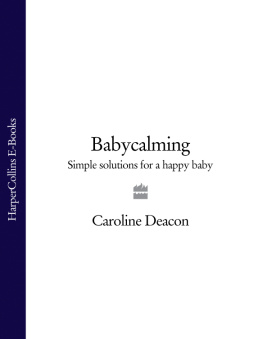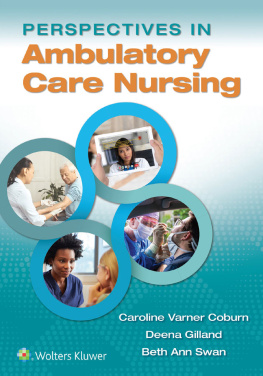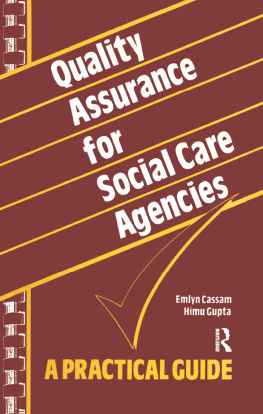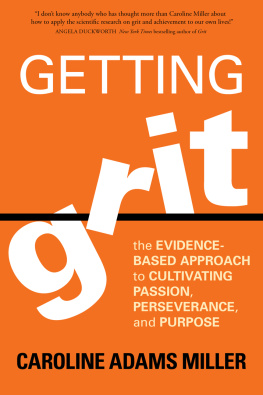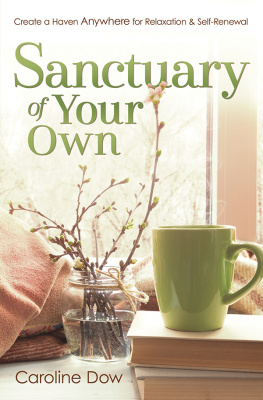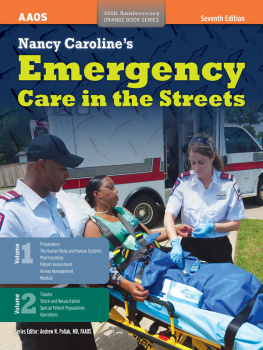Caroline Mozley - Towards Quality Care
Here you can read online Caroline Mozley - Towards Quality Care full text of the book (entire story) in english for free. Download pdf and epub, get meaning, cover and reviews about this ebook. year: 2017, publisher: Taylor & Francis, genre: Politics. Description of the work, (preface) as well as reviews are available. Best literature library LitArk.com created for fans of good reading and offers a wide selection of genres:
Romance novel
Science fiction
Adventure
Detective
Science
History
Home and family
Prose
Art
Politics
Computer
Non-fiction
Religion
Business
Children
Humor
Choose a favorite category and find really read worthwhile books. Enjoy immersion in the world of imagination, feel the emotions of the characters or learn something new for yourself, make an fascinating discovery.

- Book:Towards Quality Care
- Author:
- Publisher:Taylor & Francis
- Genre:
- Year:2017
- Rating:3 / 5
- Favourites:Add to favourites
- Your mark:
- 60
- 1
- 2
- 3
- 4
- 5
Towards Quality Care: summary, description and annotation
We offer to read an annotation, description, summary or preface (depends on what the author of the book "Towards Quality Care" wrote himself). If you haven't found the necessary information about the book — write in the comments, we will try to find it.
Towards Quality Care — read online for free the complete book (whole text) full work
Below is the text of the book, divided by pages. System saving the place of the last page read, allows you to conveniently read the book "Towards Quality Care" online for free, without having to search again every time where you left off. Put a bookmark, and you can go to the page where you finished reading at any time.
Font size:
Interval:
Bookmark:

The Gateshead Community Care Scheme
David Challis, John Chesterman, Rosemary Luckett, Karen Stewart and Rosemary Chessum
ISBN 1 85742 206 6
Needs, Service Productivities, Efficiencies and Their Implications
Bleddyn Davies and Jos Fernndez
ISBN 0 7546 1281 3
An Assessment of Community Care in the 1990s
Linda Bauld, John Chester man, Bleddyn Davies,
Ken Judge and Roshni Mangalore
ISBN 0 7546 1280 5
David Challis, Robin Darton and Karen Stewart
ISBN 1 84014 581 1
York Hospitals, NHS Trust, UK
formerly PSSRU, University of Manchester, UK
Caroline Sutcliffe
PSSRU, University of Manchester, UK
Heather Bagley
PSSRU, University of Manchester, UK
Lis Cordingley
University of Manchester, UK
formerly PSSRU, University of Manchester, UK
David Challis
PSSRU, University of Manchester, UK
Peter Huxley
Institute of Psychiatry, UK
formerly PSSRU, University of Manchester, UK
Alistair Burns
PSSRU, University of Manchester, UK

2 Park Square, Milton Park, Abingdon, Oxon OX14 4RN
711 Third Avenue, New York, NY 10017, USA
Product or corporate names may be trademarks or registered trademarks, and are used only for identification and explanation without intent to infringe.
The publisher has gone to great lengths to ensure the quality of this reprint but points out that some imperfections in the original copies may be apparent.
The publisher has made every effort to trace copyright holders and welcomes correspondence from those they have been unable to contact.
ISBN 13: 978-1-351-14436-0 (ebk)
- ii
Font size:
Interval:
Bookmark:
Similar books «Towards Quality Care»
Look at similar books to Towards Quality Care. We have selected literature similar in name and meaning in the hope of providing readers with more options to find new, interesting, not yet read works.
Discussion, reviews of the book Towards Quality Care and just readers' own opinions. Leave your comments, write what you think about the work, its meaning or the main characters. Specify what exactly you liked and what you didn't like, and why you think so.


